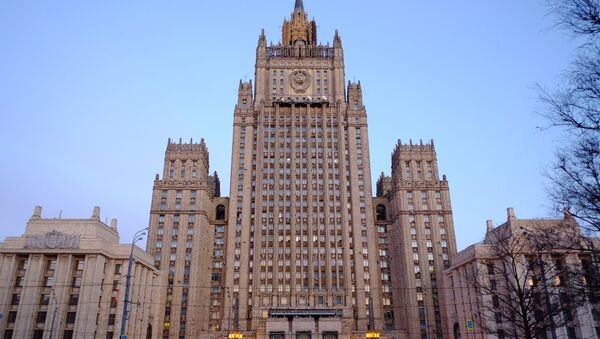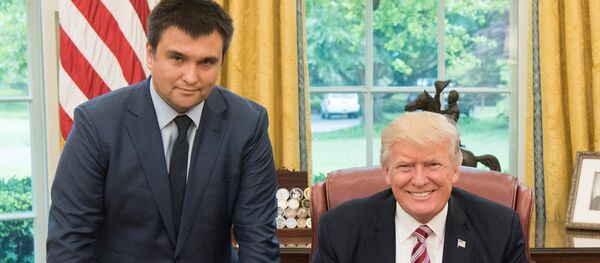MOSCOW (Sputnik) — The latest G7 statements on possibly strengthening anti-Russia sanctions are deemed irrelevant in Moscow, Russian Deputy Foreign Minister Sergei Ryabkov said Tuesday.
"Countries within the Group of Seven are infected with the same virus of self-conceit and glorification of their own sides, which prevents our many colleagues in the West from adequately assessing reality," Ryabkov told reporters.
He reiterated Russia's role as a guarantor of and not a party to the so-called Minsk agreements outlining the conditions for a ceasefire in southeastern Ukraine.
"We cannot carry out anything of what is presented to us as conditions in this area," Ryabkov said. "Therefore, all these spells about these sanctions should be turned to themselves. For us, it does not matter at all."
In February 2015, Kiev forces and Donbass independence supporters signed a peace agreement in the Belarusian capital of Minsk. The deal stipulates a full ceasefire, weapons withdrawal from the line of contact in Donbass, as well as constitutional reforms that would give a special status to the Donetsk and Lugansk People's Republics. Despite the agreement brokered by the Normandy Four states (Russia, France, Germany and Ukraine), the ceasefire regime is regularly violated, with both sides accusing each other of multiple breaches, undermining the terms of the accord.




